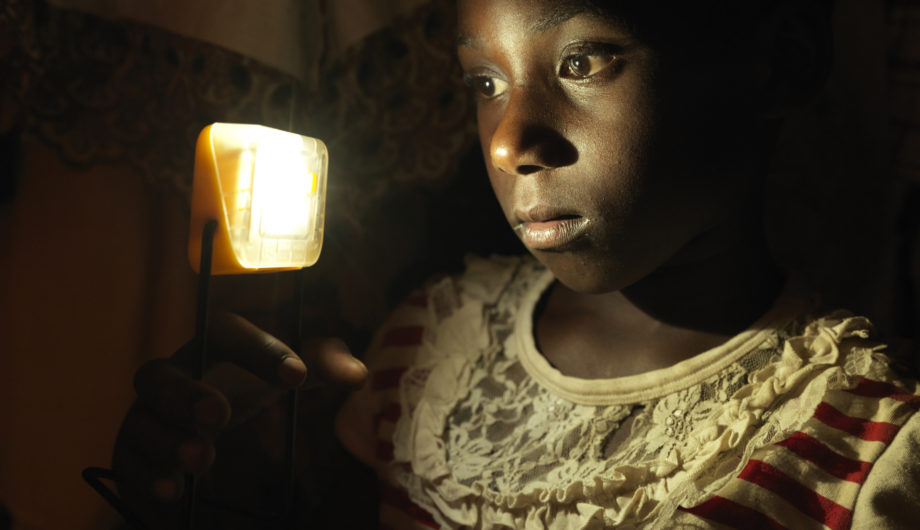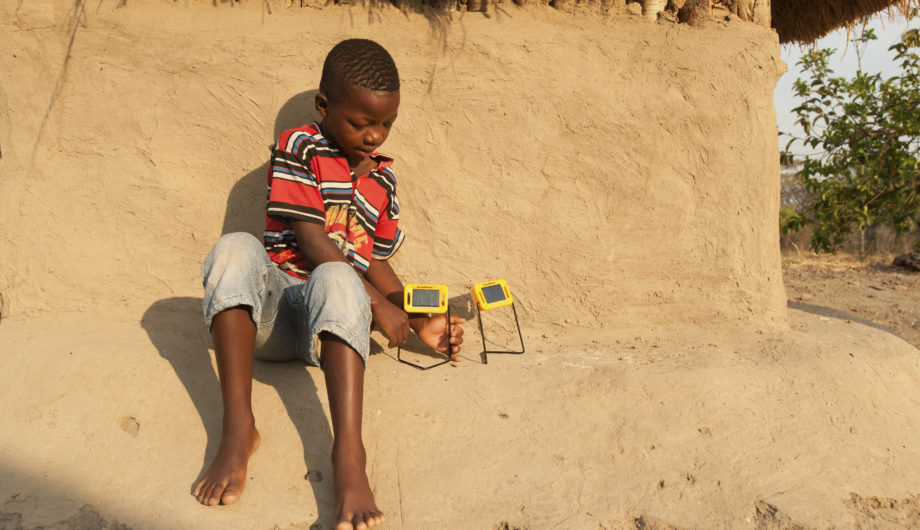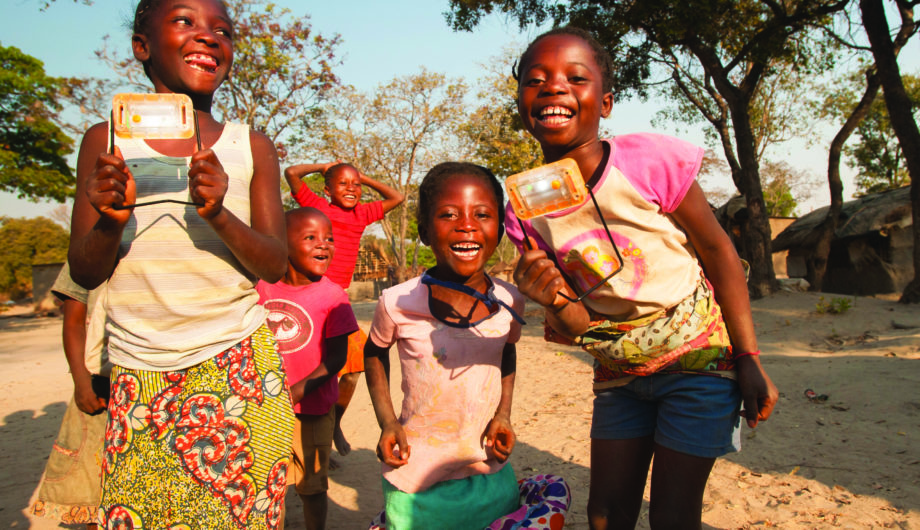Just as mobile phones have revolutionised communications across Africa, leapfrogging the need for landlines, picosolar lights (aka small solar lights) are now helping to bring light and power to millions of people across the continent.
While grid electrification is not going to reach most of rural sub-Saharan Africa in our lifetimes, the solar light revolution is taking place right now, helping light up millions of homes, which would otherwise be kept in the dark.
The concept is simple: Small solar panels, which can be as small as the palm of your hand, convert sunlight into electricity. This in turn charges small batteries, which are used to power efficient LED lights.
In 2006, we played an instrumental role in kickstarting the solar light revolution, training entrepreneurs to convert kerosene lamps usage into the usage of solar lights in Tanzania. We then took our work to Malawi, Kenya, Uganda and Zambia, helping entrepreneurs design, assemble and sell their own solar lights. While worthwhile, there were many challenges with scaling this model. The arrival of mass produced solar lighting products in 2008, designed to meet the needs of rural Africa, enabled us to shift our focus towards scale – and eradicating the kerosene light from Africa.
Small solar lights have a big impact. Not only do they represent the first step on the road to a cleaner, safer, renewable future, our research shows that this first step has a greater impact than any subsequent step ‘up the energy ladder.’ For the first time, families can stop using dangerous, polluting kerosene lamps and candles.
Today, the greatest challenge is to help get these solar lights to where they are needed most. We believe that no home, school or health clinic should be left in the dark.
The cost of a solar light is still too expensive for many people and many companies do not serve the hardest and most expensive to reach rural communities.
This is where we come in.
We are using an increasingly wide range of quality solar products and launching innovations to lower the affordability barrier for even the poorest families.
Together, we can light up every home, school and clinic in Africa by 2030.



